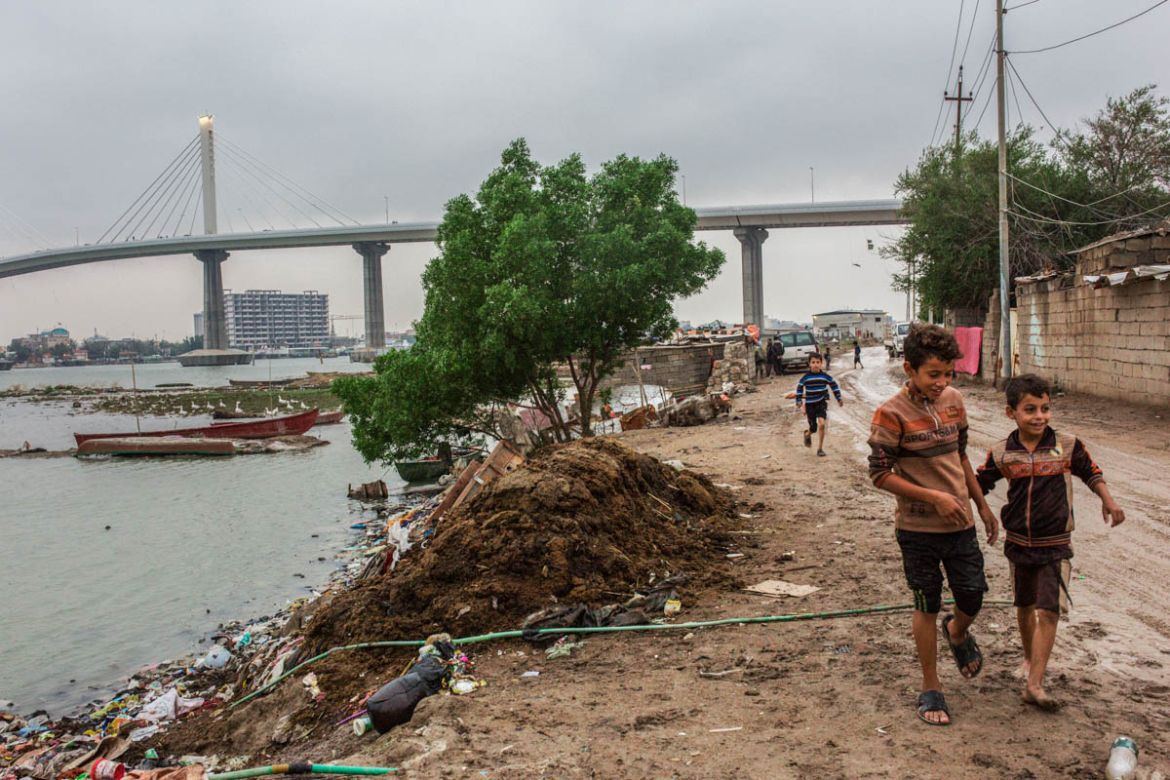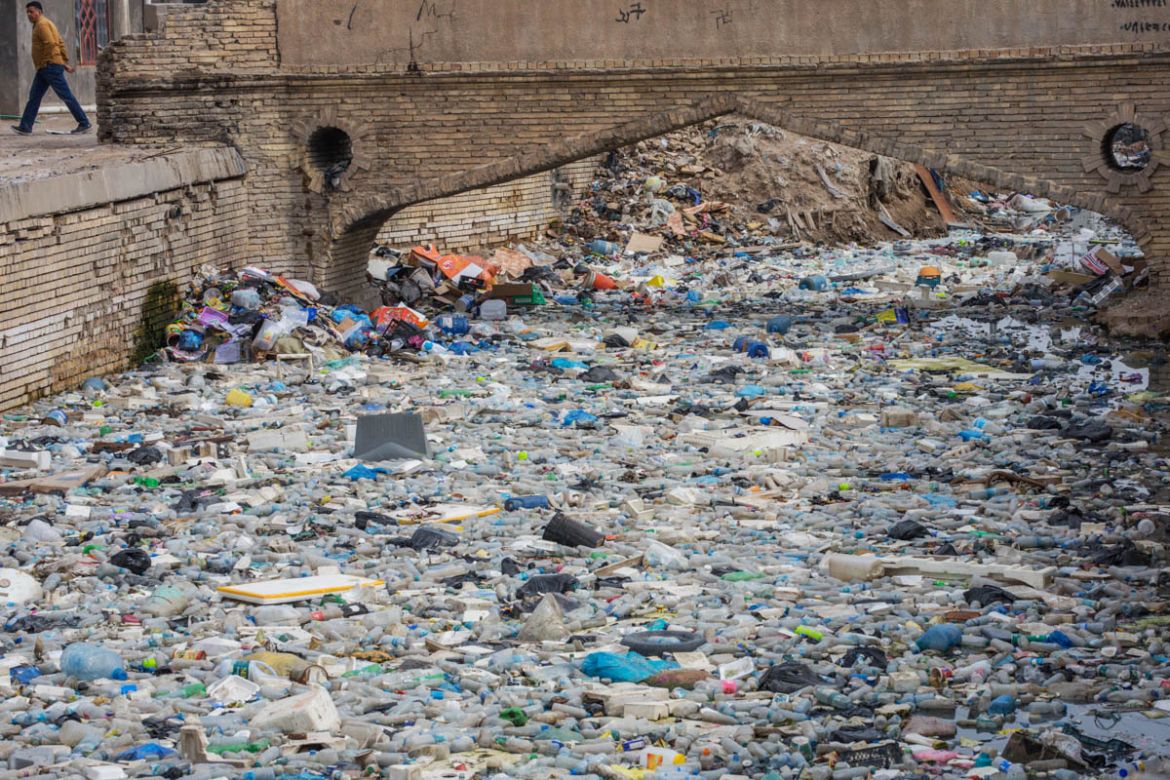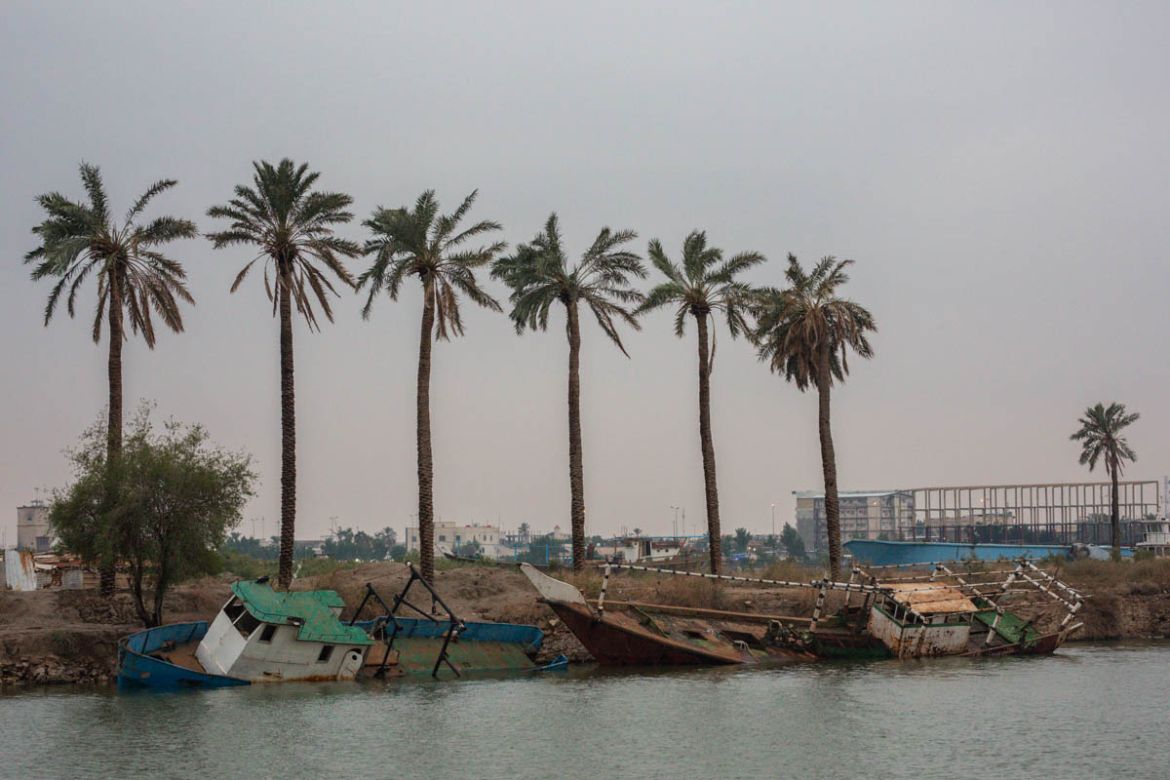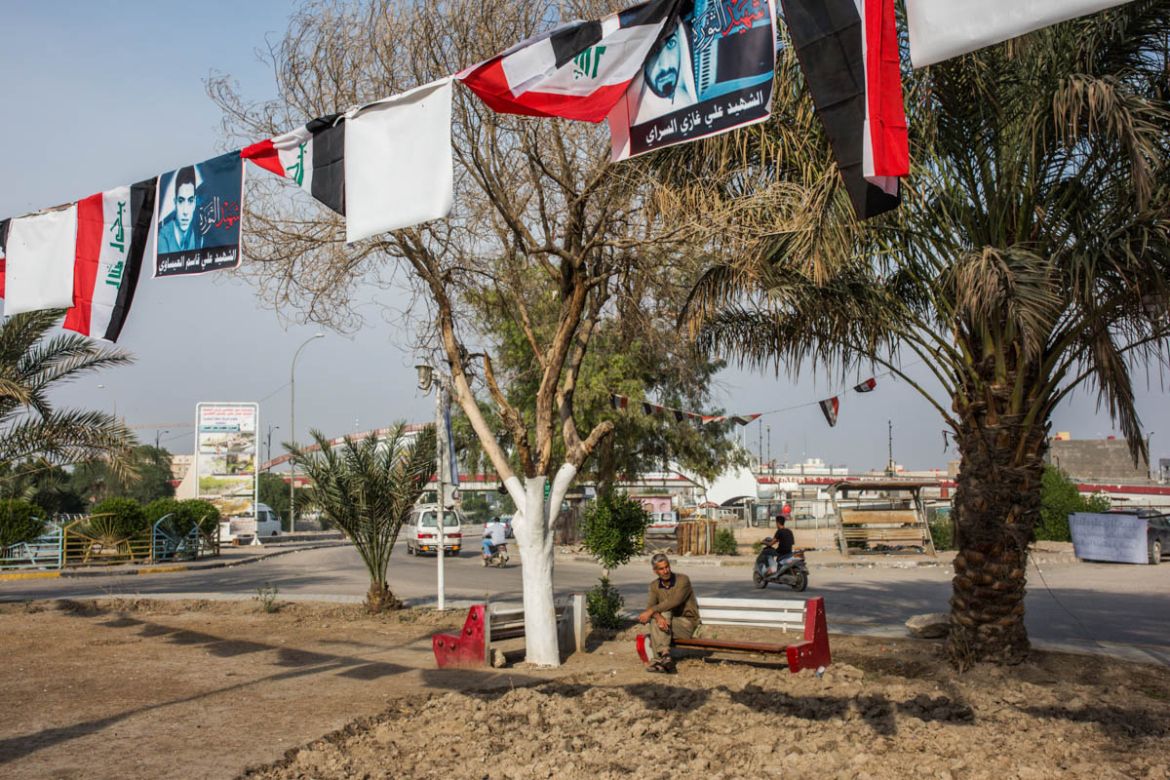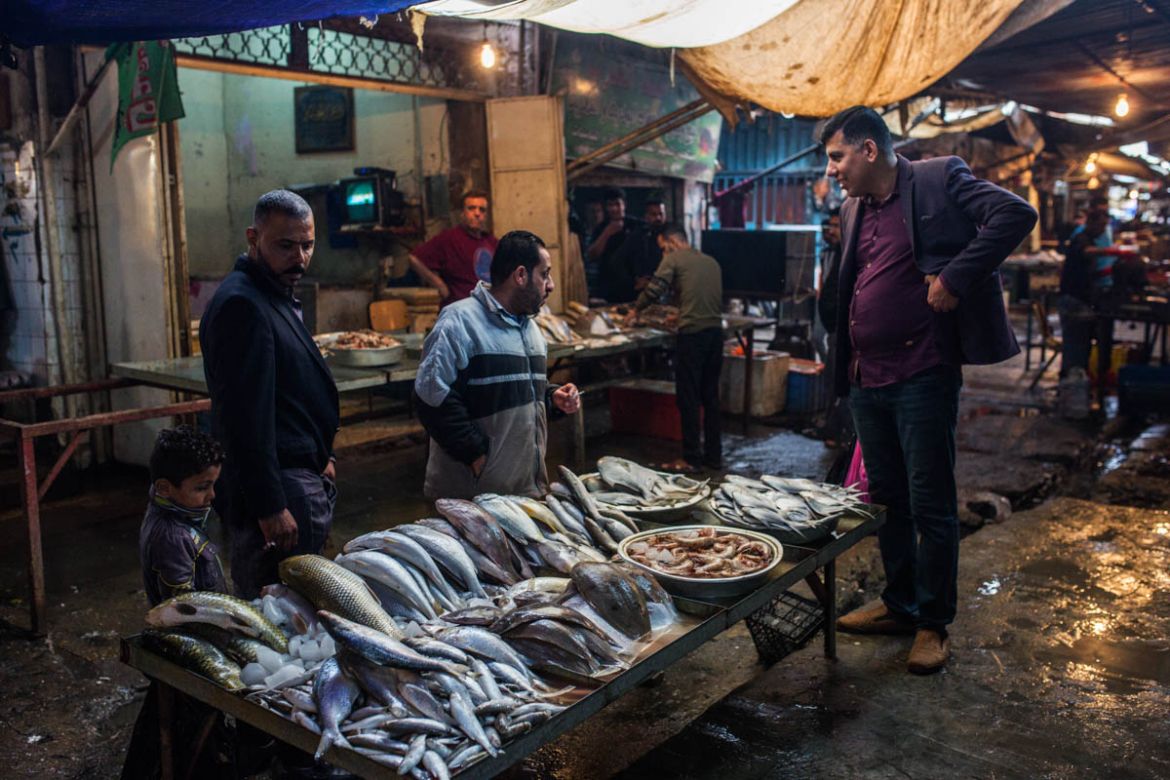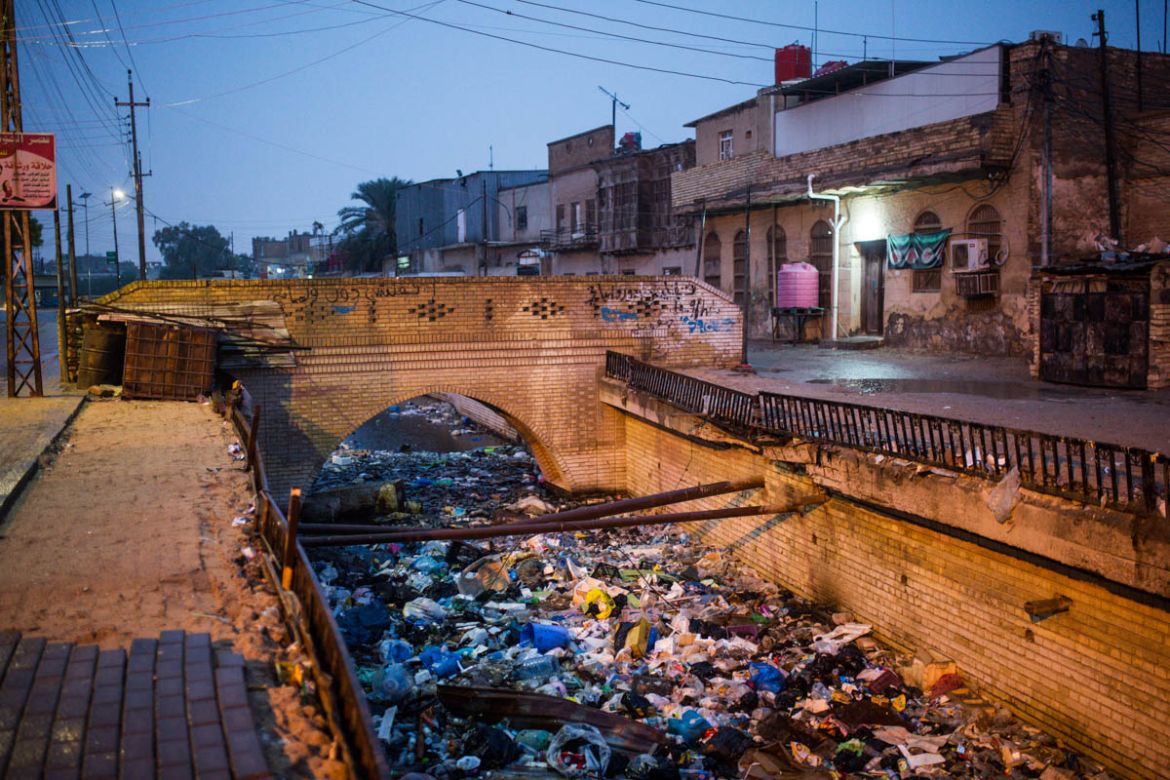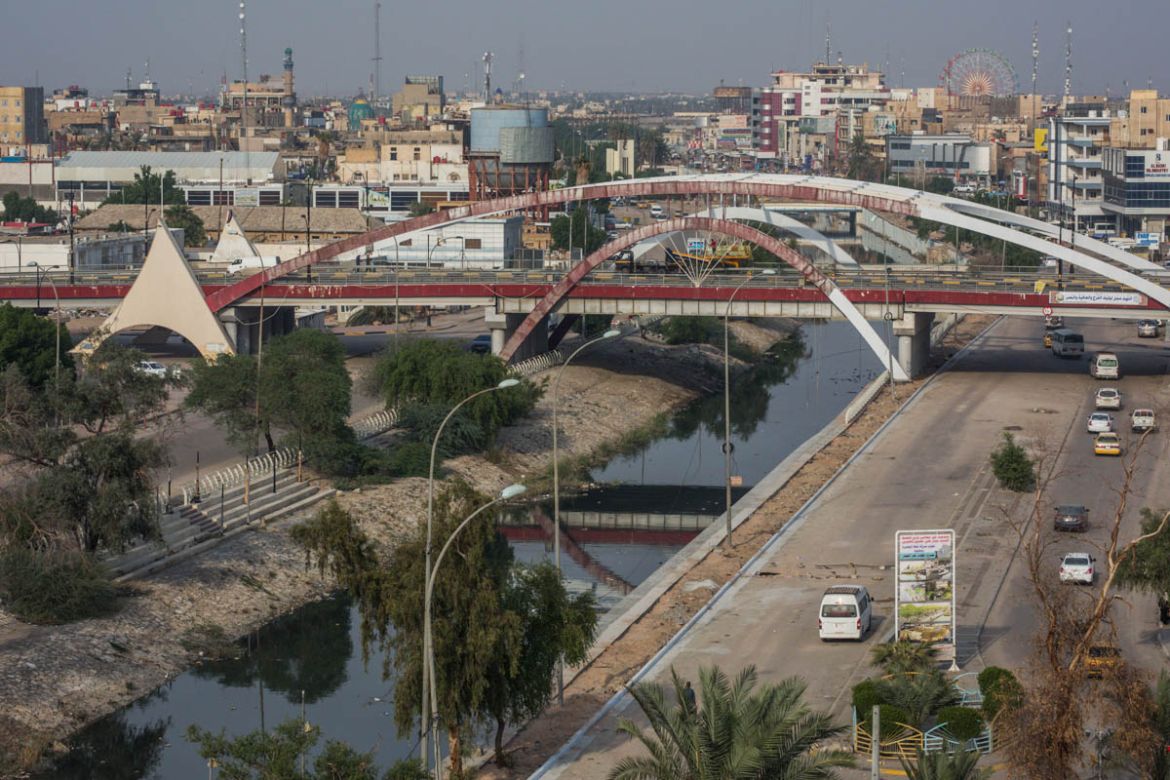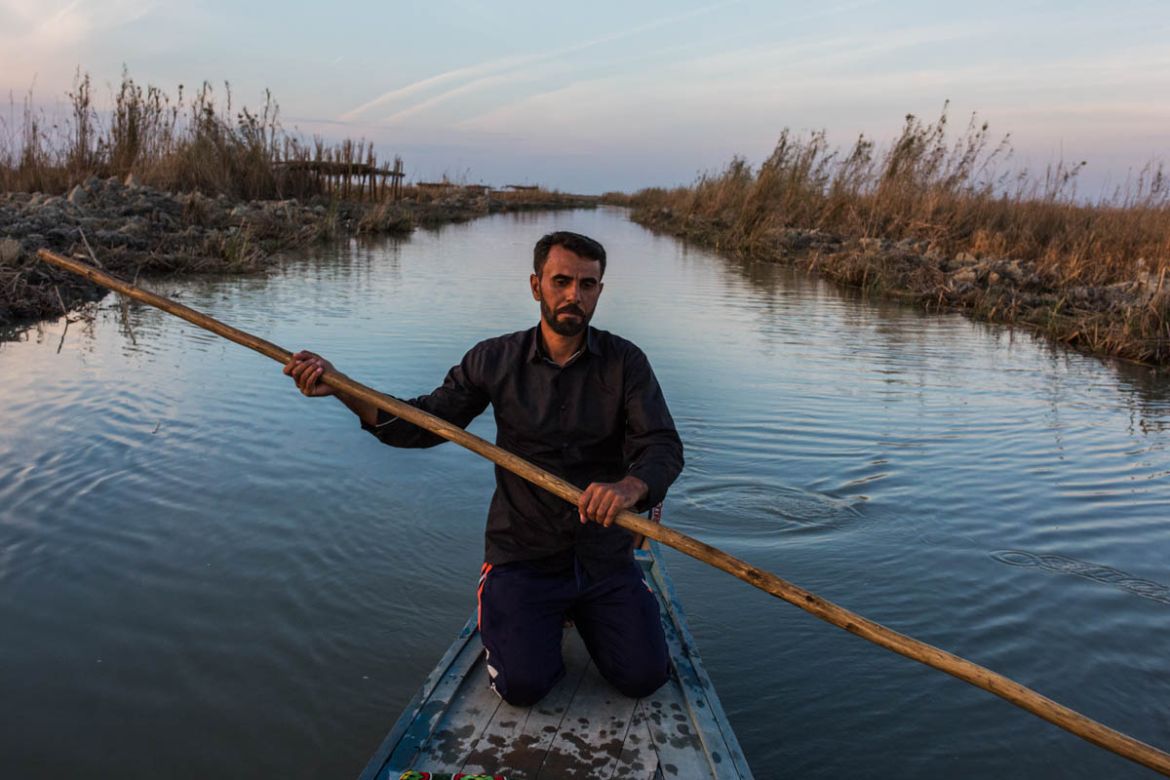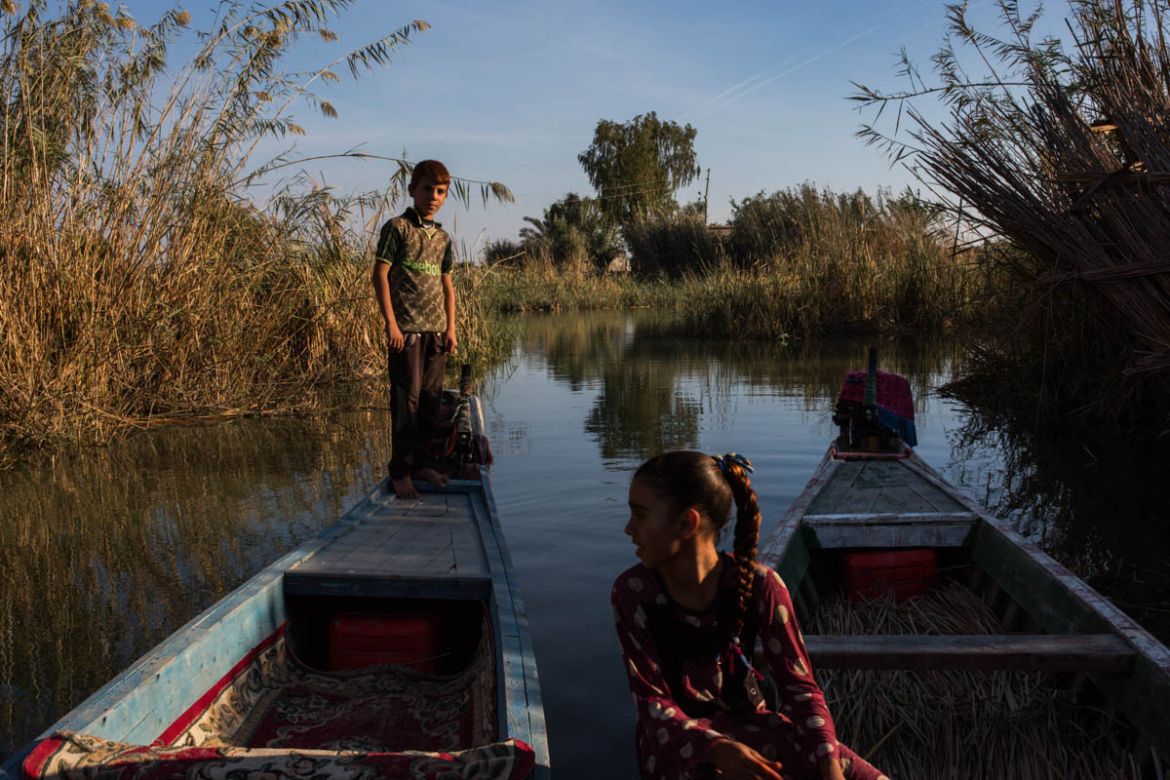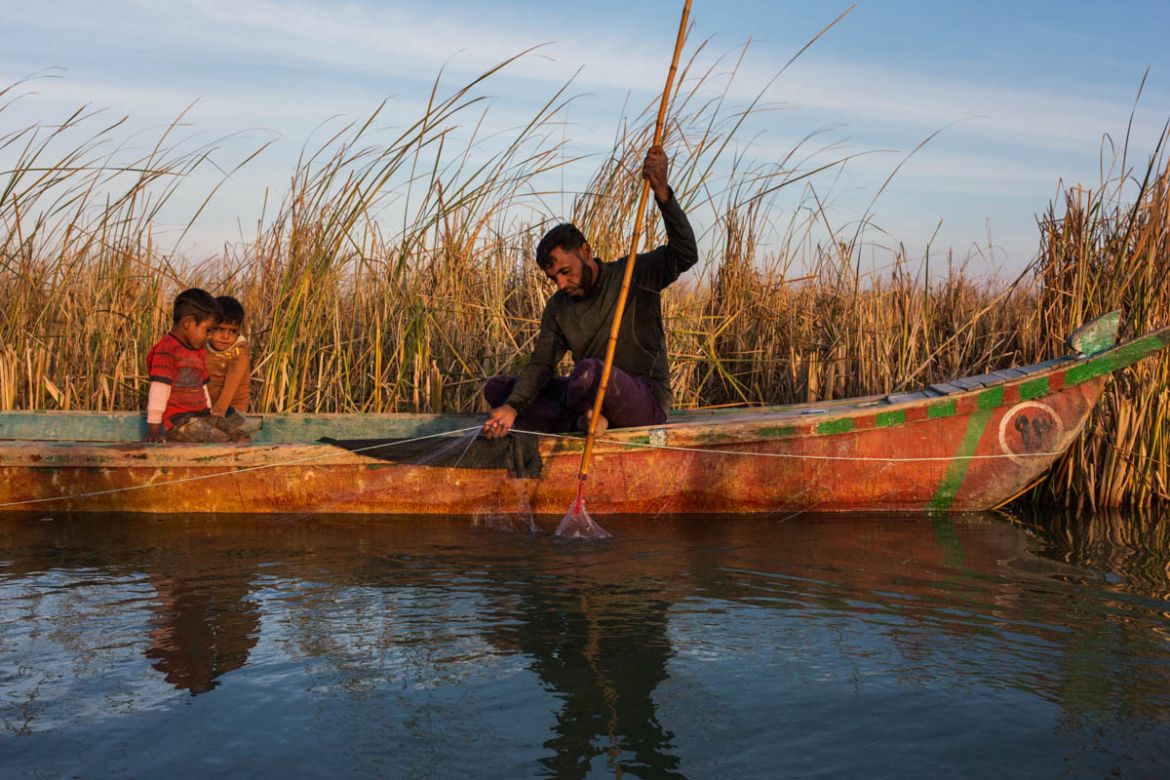In Pictures
‘In Basra, people avoid doctors. They might find they’ve cancer’
In recent months, some 118,000 people in Iraqi city have been hospitalised due to water-related illnesses, experts say.
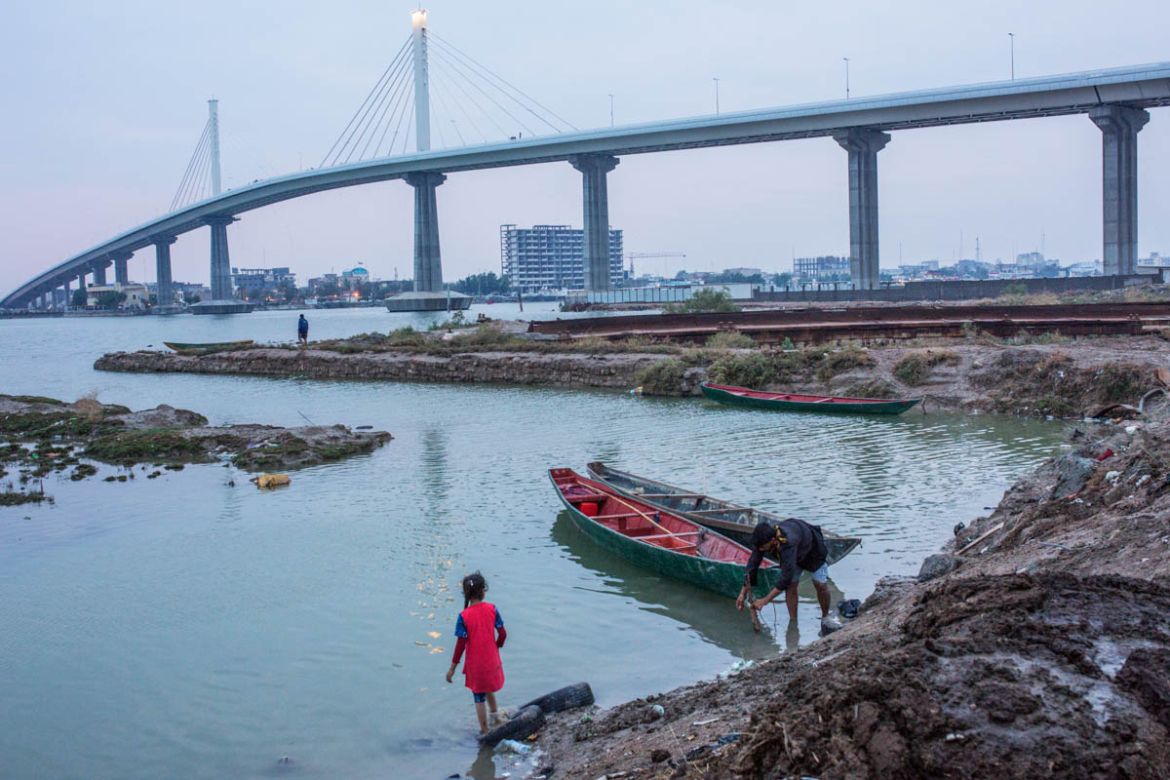
Basra, Iraq – With its beautiful canals and centuries-old buildings, Basra was once renowned as the “Venice of the Middle East”.
But the southern Iraqi city is now facing one of the region’s worst environmental crises, with its rivers turned into open-air dumping sites.
In recent months, some 118,000 people have been hospitalised as a result of water-related illnesses, including high fever, nausea and diarrhoea, according to Choukri al-Hassan, an air and water pollution expert at the University of Basra.
The situation has prompted thousands of young people and environmental activists to take to the streets to protest against the lack of drinkable water and the government’s failure to fix the crisis.
Formed by a confluence of the Tigris and the Euphrates rivers, Shatt al-Arab River runs through the centre of Basra. It is polluted with germs, chemicals and toxic algae, while its high levels of salinity – close to that of seawater – is believed to have reached its peak last year.
“The water in Basra is so polluted that you can’t even wash your face,” al-Hassan said. “Fish, turtles and crabs die. The ecosystem is changing, it’s a catastrophe.”
The water crisis also affects other areas in Iraq, including the Mesopotamian Marshlands, north of Basra.
Despite Basra being one of Iraq’s wealthiest cities, thanks to its oil riches, its citizens complain they do not see any of the benefits while also suffering the results of the environmental crisis.
“People don’t want to see a doctor sometimes,” Ali Kassem, a 27-year-old activist working in a Basra hospital, said. “They are afraid they might discover they have cancer.”
